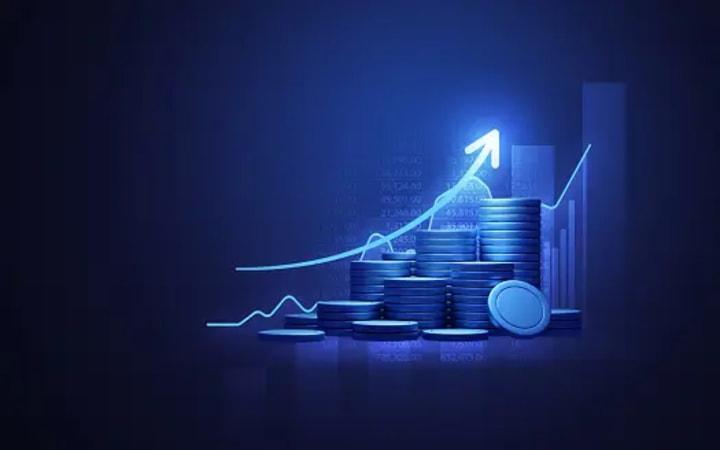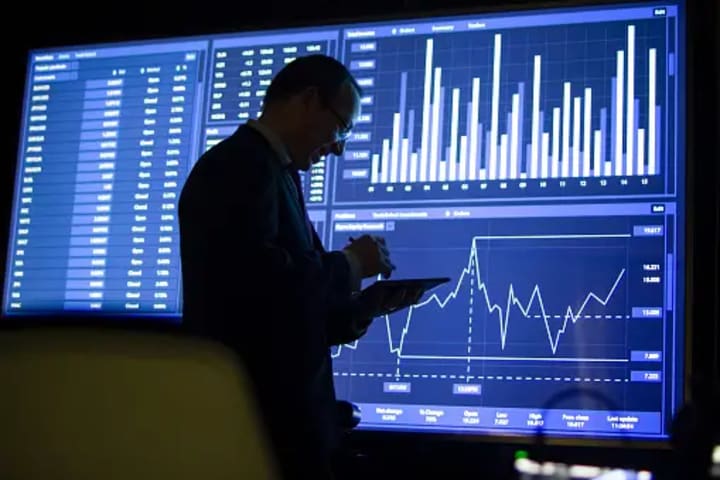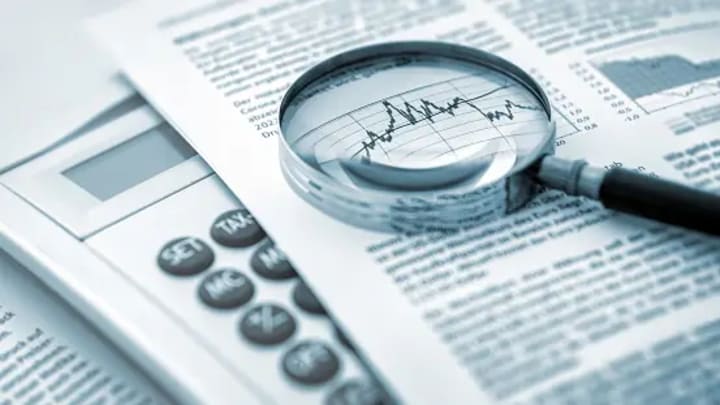Content warning
This story may contain sensitive material or discuss topics that some readers may find distressing. Reader discretion is advised. The views and opinions expressed in this story are those of the author and do not necessarily reflect the official policy or position of Vocal.
THE WORLD ECONOMY
Navigating Challenges and Seeking Growth

Introduction:
The global economy is a dynamic entity that constantly evolves and faces a myriad of challenges. As we enter the year 2023, the world finds itself grappling with a complex economic landscape. This note aims to provide an in-depth analysis of the current state of the world economy, highlighting key challenges and exploring potential pathways to foster growth and stability.
Post-COVID Recovery:
The COVID-19 pandemic has left a lasting impact on economies worldwide. While vaccination efforts have made progress, the emergence of new variants and intermittent waves of infections continue to disrupt economic activity. Governments and central banks have implemented unprecedented measures to mitigate the effects, such as stimulus packages and accommodative monetary policies. The path to recovery hinges on successfully containing the virus, rebuilding consumer and business confidence, and reviving hard-hit sectors like travel, tourism, and hospitality.

Global Trade and Protectionism:
International trade plays a vital role in economic growth and development. However, trade tensions and protectionist policies have challenged the global trade system. Ongoing disputes, tariff barriers, and geopolitical conflicts have disrupted supply chains and hindered trade flows. Resolving these issues requires renewed commitment to multilateralism, cooperation among nations, and the strengthening of international trade agreements.
Sustainable Development and Climate Change:
The urgent need to address climate change has become a significant driver of economic decision-making. Countries and businesses are increasingly adopting sustainable practices and transitioning towards a low-carbon economy. Investments in renewable energy, clean technologies, and eco-friendly infrastructure have gained momentum. Balancing economic growth with environmental sustainability is crucial to ensure a resilient and sustainable future.

Technological Advancements and Disruptions:
Technological progress continues to reshape the global economy. Artificial intelligence, automation, and digitalization have revolutionized industries, transforming production processes, and labor markets. While these advancements offer immense potential for productivity gains and innovation, they also raise concerns about job displacement and growing inequality. Nurturing a skilled workforce, investing in digital infrastructure, and fostering an inclusive digital economy are vital to harness the benefits of technological advancements.
Income Inequality and Social Disparities:
Growing income inequality remains a persistent challenge worldwide. The pandemic has exacerbated this issue, disproportionately affecting marginalized communities and exacerbating social disparities. Addressing inequality requires comprehensive policies that promote equitable access to education, healthcare, and opportunities. Investing in social safety nets, job creation, and skills development can help foster inclusive growth and reduce inequality.

Debt and Financial Stability:
Rising public and private debt levels have raised concerns about financial stability. Many countries have accumulated significant debt to finance pandemic-related spending. Managing debt sustainability and implementing prudent fiscal policies are critical to ensure long-term stability. Strengthening financial regulations, improving transparency, and bolstering risk management frameworks are essential to mitigate financial risks and prevent future crises.
Emerging Markets and Developing Economies:
Emerging markets and developing economies face unique challenges in the global economic landscape. Limited access to vaccines, weak healthcare systems, and high levels of poverty have hindered their recovery from the pandemic. International support, targeted investments, and capacity-building initiatives are necessary to promote sustainable development and reduce inequality. Encouraging private sector investments, fostering entrepreneurship, and improving infrastructure can help unlock the growth potential of these economies.
Conclusion:
The world economy stands at a critical juncture, facing a multitude of challenges and opportunities. Rebuilding from the impact of the COVID-19 pandemic, promoting sustainable development, leveraging technological advancements, and addressing income inequality are key priorities. Collaboration among nations, inclusive policies, and a commitment to multilateralism will be crucial in steering the global economy towards a more resilient, equitable, and prosperous future. By embracing innovation, sustainability, and social inclusivity, we can overcome the challenges at hand and foster a thriving global economic landscape.

About the Creator
Enjoyed the story? Support the Creator.
Subscribe for free to receive all their stories in your feed. You could also pledge your support or give them a one-off tip, letting them know you appreciate their work.





Comments (1)
Top 5 Economies in World https://www.digiupdatehub.tech/2023/07/top-5-economies-in-world.html